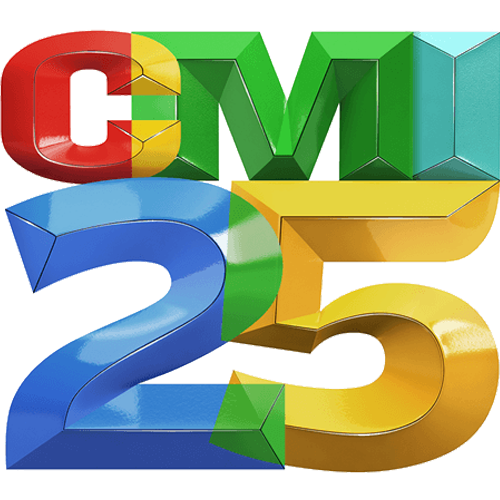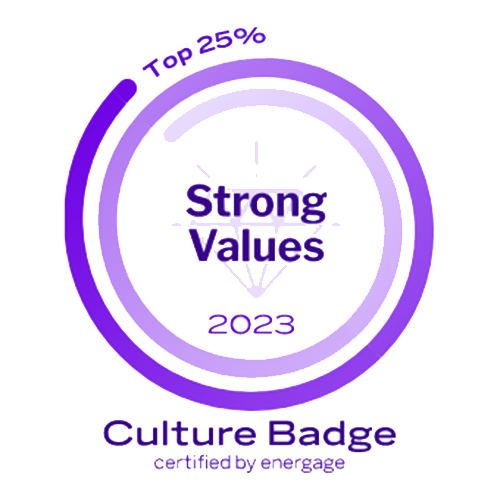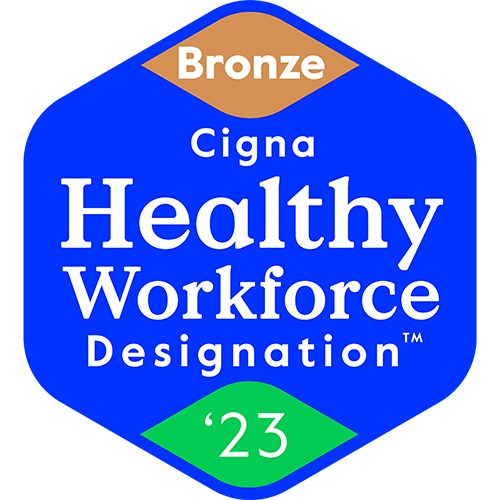Planning an event is no easy feat. There are guest lists, vendors, venues, and seemingly hundreds of small details that are as vital to the end result as the big ones. That’s because there’s always a bigger picture to think about, including making deeper connections with attendees through your message. To see all this to fruition, having an event strategy in place is critical.
When you implement an event strategy from the get-go, you create clarity on the front end so that your event team and key decision-makers are in the know right alongside you to help manifest your vision. When a strategy is in place, you can present a cohesive team, from leadership down, making it easier to track each success along the way. Ultimately, when you have a clear path from ideation to event day, you’ll have more engaged teams who have a clear understanding of their roles and are motivated to execute your plan and make the vision a reality.
So how do you develop an event strategy that will inform an intentional design? We’ve identified five steps you can take to help you keep the big picture at the forefront of your process:
1. Start with Your Company’s Purpose
In Why You Should Have an Event Strategy, we explored how different companies have different purposes for their events. This means you should be thinking about all the factors that are impacting your company and, as a result, the ultimate goal of your event. How does your company’s purpose inform the event you’re planning? For example, are you aiming to engage your audience or employees with new leadership? These factors will all play a part in how you go about planning your event.
2. Identify Your Desired Outcome from the Event
What is it you hope to get from your event? Knowing what you want to achieve, whether that’s raising money, team building, or launching a new product, will inform every decision you make. Decisions like what activities to plan, food vendors, types of entertainment, and the venue location all hinge on the outcome that you are aiming to achieve. Knowing what the ultimate goal is can help you create benchmarks along the way—so everyone is on the same page and knows when each goal should be reached.
3. Map Your Attendees’ Needs and Position
A vital part of your event strategy should focus on your audience and what their event journey is going to look like. This journey begins almost as soon as yours does—when you begin planning the event. The purpose of any event is to engage your audience, no matter what your overarching theme is. So, you don’t want to plan an experience that doesn’t take into consideration how your audience communicates, registers, travels, or most effectively ingests information. This includes choosing speakers and entertainment that will interest attendees and implementing measures that will make them feel comfortable and valued.
4. Craft Your Event Experience, Vision, and Design
Think about how you can target your attendee personas with the overall experience and event design. Here, you can craft the branding around your event in a way that connects to your attendees on an emotional level. Design marketing materials, choose music, or create the ambiance of the lighting so that it connects the attendee journey with the experience every step of the way.
5. Create Clarity with Your New Event Strategy Framework
By having a strategic approach right from the onset, you inform your team so that they know what the plan is and what their role is. This makes it so your team can act cohesively throughout the entire event planning journey. By empowering your team with knowledge and the tools to get their tasks done, you can drive their focus, making the event planning process more about your event, its objectives, and creativity, rather than a grueling process that leaves planners exhausted.
Looking for ways to give your event team more tools to succeed? Here’s How to Motivate Your Events Team.










